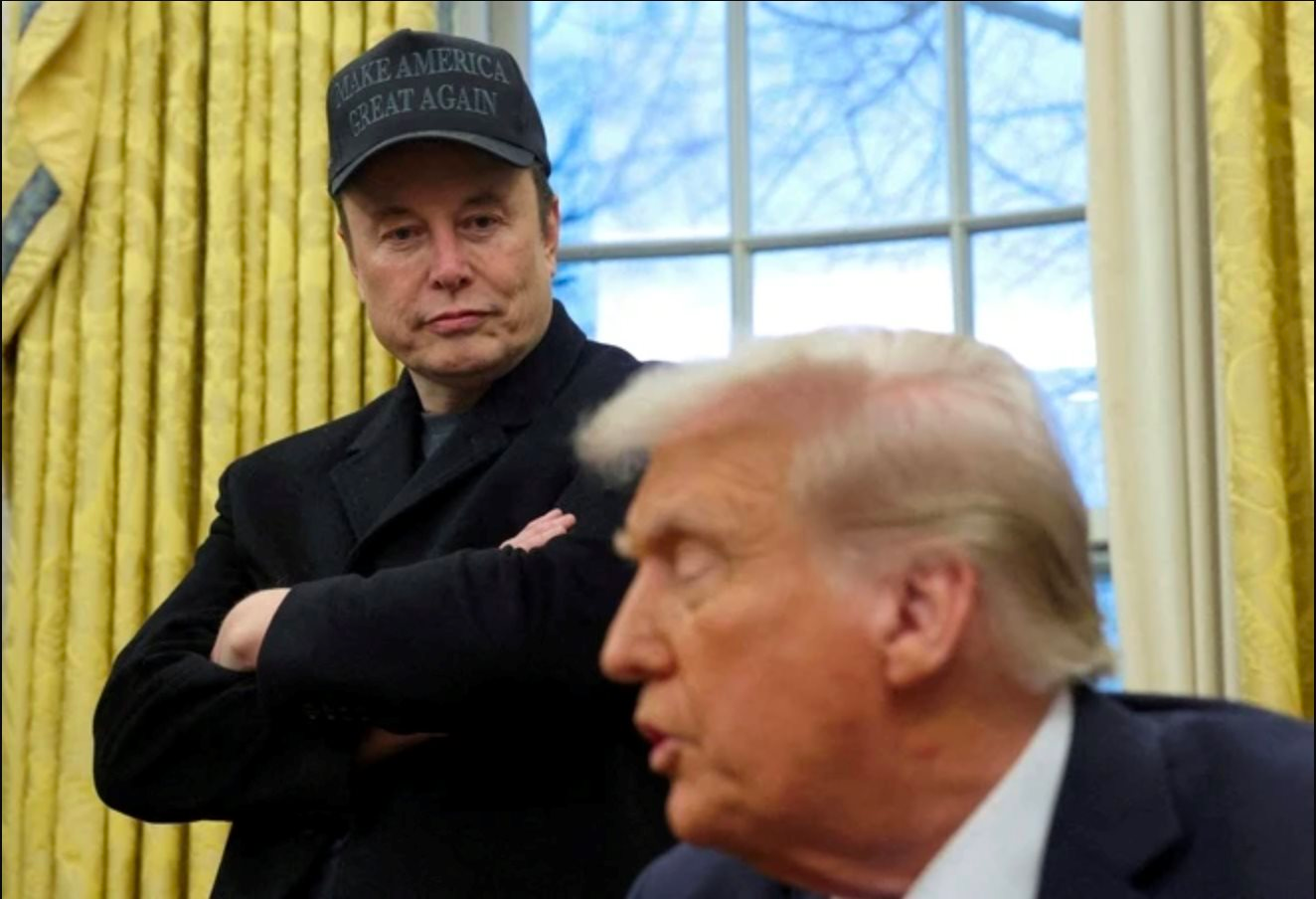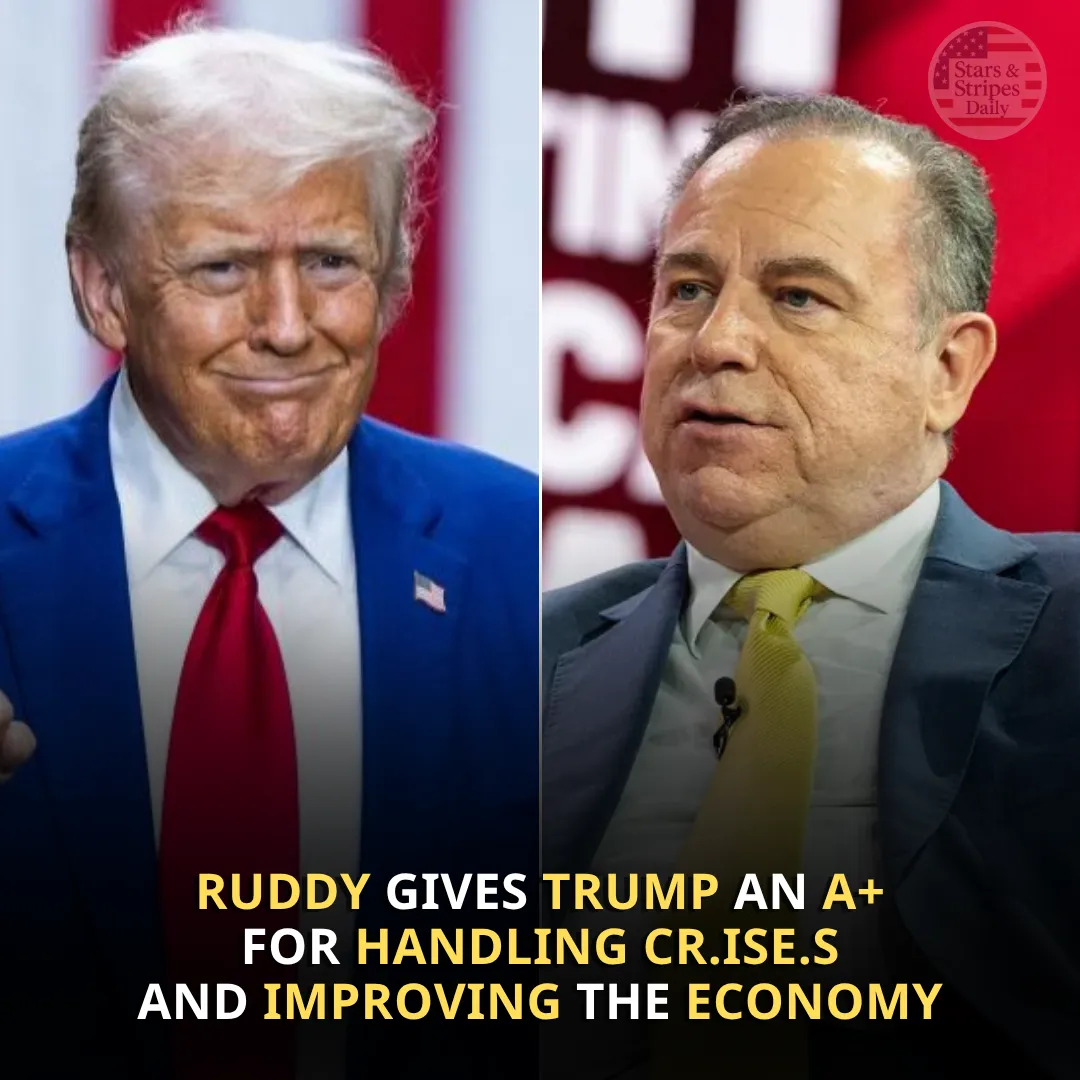
In a world where wealth and power are inextricably linked, three figures stand out as icons of American capitalism: Warren Buffett, Elon Musk, and Donald Trump. Each represents a distinct facet of the capitalist system, from Buffett's old-world, traditional investment methods to Musk's futuristic tech-driven empire and Trump's blend of wealth, politics, and celebrity.
The announcement that Buffett would step down as CEO of Berkshire Hathaway at the end of this year marked the end of an era, signaling both a shift in the world of finance and a broader reflection on the state of American capitalism itself. But as these three men continue to wield influence in their respective domains, they also illuminate some of the darker corners of the system they helped to build and sustain.
Warren Buffett, the so-called “Oracle of Omaha,” has spent decades building an empire based on long-term investments and careful management. As of 2024, at the age of 94, Buffett has amassed a net worth that stands as a testament to his decades of business acumen.
His annual letters to shareholders are often regarded as some of the clearest and most thoughtful reflections on capitalism, investing, and economic ethics. Buffett’s approach has always been methodical and conservative, focusing on acquiring companies that have a strong foundation and a history of stable growth.

Buffett's retirement announcement, made at Berkshire Hathaway’s annual meeting, was met with a mixture of sadness and admiration. For many shareholders, Buffett is the personification of everything that is admirable about American capitalism: discipline, restraint, and a focus on long-term gains rather than short-term profits. The tears shed by some in the crowd were a testament to the emotional bond that many investors have with Buffett and his vision for corporate America.
It is no exaggeration to say that Buffett has shaped the way much of America views wealth and success. If there is a "good face" of American capitalism, it is undoubtedly Warren Buffett's—a figure who advocates for wealth redistribution, higher taxes for the ultra-wealthy, and greater accountability within the corporate world.
However, in stark contrast to Buffett’s restrained approach is the high-flying, often controversial persona of Elon Musk. Musk has become the embodiment of modern American capitalism’s relentless pursuit of innovation, disruption, and profit. While Buffett is content with steady, stable growth, Musk's ventures are defined by bold risks, ambitious goals, and an unwavering belief in the potential of new technologies to revolutionize entire industries.
Whether it's Tesla, SpaceX, or Neuralink, Musk has always positioned himself at the forefront of cutting-edge industries, promising to change the world with electric vehicles, space exploration, and brain-computer interfaces. But Musk’s methods have also drawn significant criticism.

His recent political entanglements, particularly his involvement in the Department of Government Efficiency (DOGE) under the Trump administration, have raised questions about the ethics of his business practices.
Musk’s support for controversial political figures, his rhetoric on social media, and his role in pushing through policy changes that benefit his companies have painted a more complicated picture of American capitalism. The business model he promotes—one that thrives on government contracts, massive tax incentives, and regulatory loopholes—has garnered both admiration and backlash.
In the world of high-profile wealth and political maneuvering, few figures have been as divisive as Donald Trump. His transition from a businessman to a reality TV star and then to the 45th president of the United States exemplifies the interplay between wealth, politics, and media in shaping the American capitalist system.
Trump’s approach to business has always been marked by spectacle, boldness, and a willingness to bend or break rules when it suits his needs. His companies, though often beset by controversies, have operated in ways that prioritize image and influence over traditional business practices. Trump’s wealth has allowed him to maintain a level of power and influence that few in the world of business can match.

Trump’s involvement in American capitalism has been more about leveraging celebrity and political connections to gain financial advantage than about building sustainable businesses. His ventures, such as his real estate empire and his foray into the world of online payments with the Trump Organization, have raised ethical questions about the intersection of business and politics.
Moreover, his direct involvement in the political sphere has blurred the lines between personal gain and national governance, particularly during his presidency, when corporate interests often seemed to take precedence over the needs of the American people. This blending of business and politics has left a legacy of controversy, one that casts a long shadow over his version of American capitalism.
While Buffett represents the more traditional, responsible side of capitalism—focused on stability, long-term growth, and ethical business practices—Musk and Trump embody the disruptive, rule-breaking side of the system. Musk's approach to innovation and business is a testament to the modern world of Silicon Valley, where success is defined by how quickly one can move, how radically one can disrupt industries, and how much capital one can attract.
Musk’s ventures, though visionary, are often criticized for their reliance on public funding, tax breaks, and government contracts, which raises questions about the true cost of his success. Trump, on the other hand, represents the melding of wealth, politics, and media in a way that few other figures in American history have managed to achieve.

His approach to capitalism is characterized by the use of his name and celebrity status to generate wealth and influence, often bypassing traditional business practices in favor of leveraging political power and media attention. Trump’s ability to navigate the political system to benefit his businesses has left many questioning the ethics of a system that allows the wealthy to wield such influence.
In examining these three figures—Buffett, Musk, and Trump—it becomes clear that American capitalism is far from a monolithic force. While Buffett represents the more measured, responsible side of wealth accumulation, Musk and Trump represent the more chaotic, often reckless side of the system.
These men are not just businessmen; they are symbols of different facets of American capitalism, each navigating the system in their own way and shaping the world around them in ways both positive and negative. Buffett’s legacy will likely be remembered for his wisdom, his commitment to ethical business practices, and his belief in the power of long-term, sustainable growth.
Musk, on the other hand, will be remembered for his willingness to take risks, his vision for a future shaped by technology, and his role in transforming industries. Trump’s legacy, however, will likely be more complicated, defined by his ability to use his wealth and celebrity status to influence politics and business in ways that have left a lasting impact on the country.

As we look to the future, it’s clear that these three figures—Buffett, Musk, and Trump—represent different visions of American capitalism. Whether it’s the slow, steady growth championed by Buffett, the disruptive innovation of Musk, or the political maneuvering of Trump, these men will continue to shape the narrative of wealth and power in America for years to come.
The contrast between their approaches is a microcosm of the larger tensions within American society, where the lines between business, politics, and wealth continue to blur, and the true cost of success remains an open question.
In the end, the debate about the future of American capitalism may not be about whether we should emulate Buffett, Musk, or Trump. Rather, it may be about the lessons we can learn from each of them—and the impact their actions have on the world around them. As American capitalism continues to evolve, it’s clear that the legacy of these three men will play a key role in shaping the path forward.

-1749913297-q80.webp)

